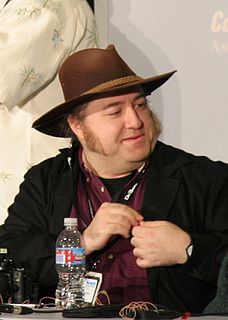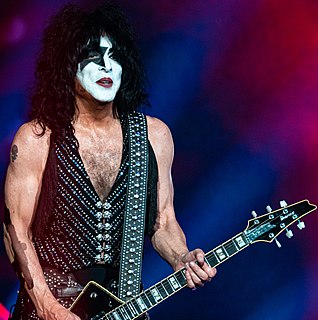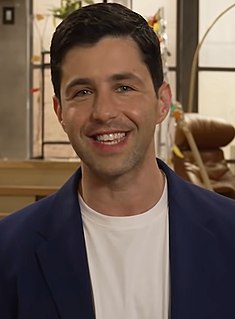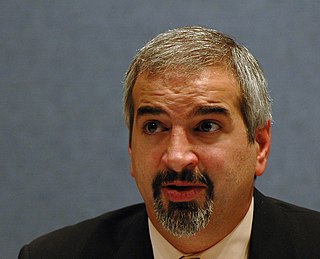A Quote by Guillermo Cabrera Infante
I was never a true journalist, I was a movie critic.
Quote Topics
Related Quotes
I was never a critic. I was a journalist and wrote about filmmakers, but I didn't review movies per se. I make that distinction only because I came to it strictly as someone who was just a lover of storytellers and cinematic storytellers. And I still am. I'm still a great movie fan, and I ,that love of movies is very much alive in me. I approach the movies I make as a movie-lover as much as a movie-maker.
In the movies first impressions are everything. Or, to put it less drastically, in the movies there are no later impressions without a first impression, because you will have stopped watching. Sometimes a critic persuades you to give an unpromising-looking movie a chance, but the movie had better convey the impression pretty quickly that the critic might be right.
Music critics are, for the most part, bitter people who are intent at dragging people down for being successful at what they want to do, which is probably music. The oddity of being a critic is: You don't get a diploma, you just decide you're a critic. If someone listens to your opinion rather than their own, it's their mistake. Any critic's top 10, any year, it's something controversial or something that will make them look hipper-than-thou. The whole critic game, we've never played.







































